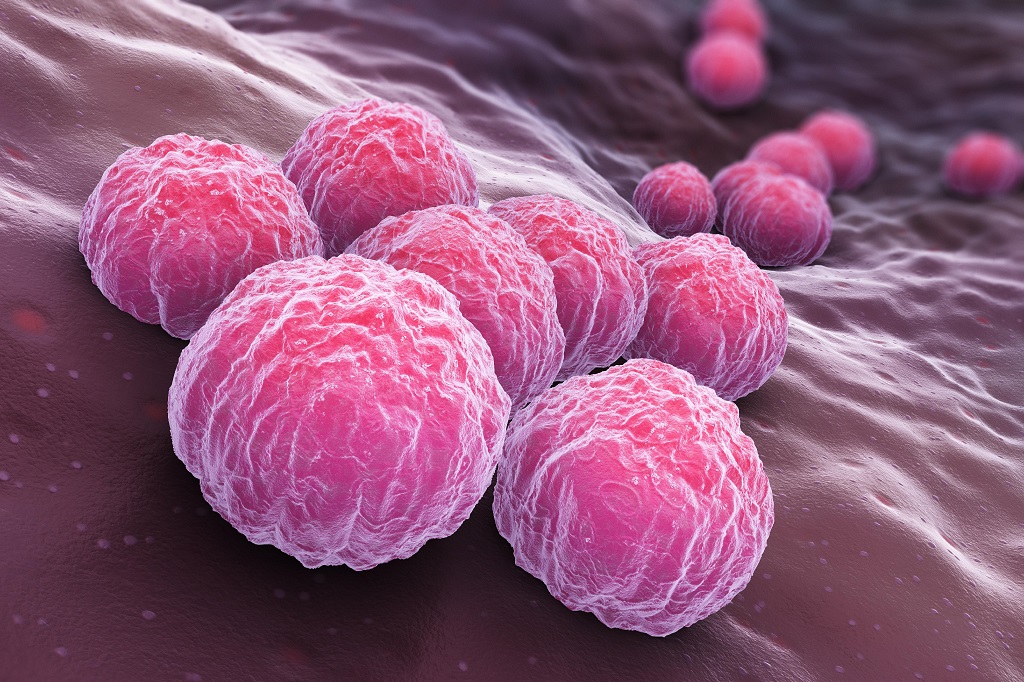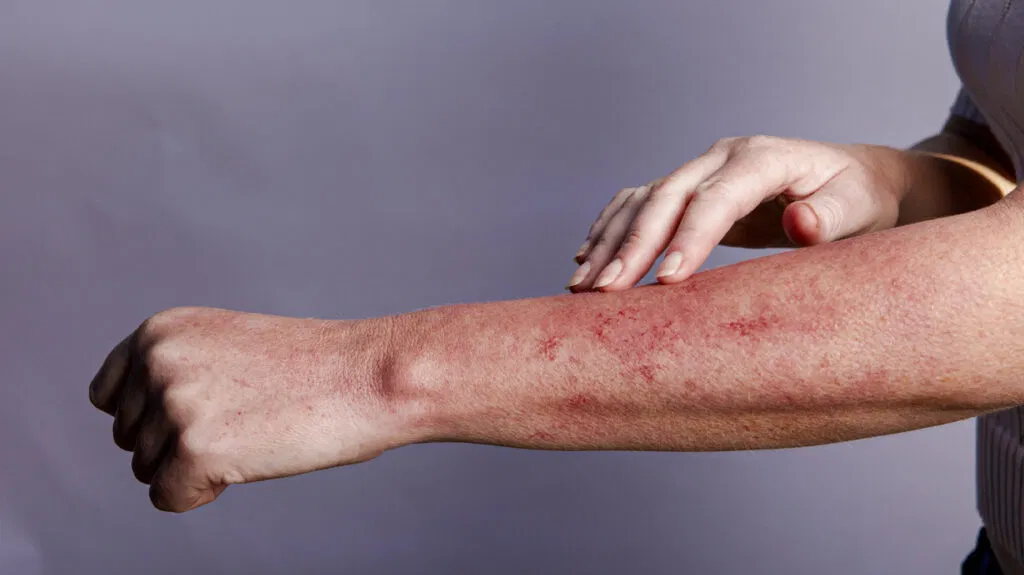Mostly confused with STDs (Sexually Transmitted Diseases), STIs (Sexually Transmitted Infections) aren’t the same.
STIs (Sexually Transmitted Infections) occur when a virus, bacteria, or parasite enters the human body. An infection shows no noticeable symptoms. On the other hand, there are prominent symptoms of a sexually transmitted disease.
Think of STI (Sexually Transmitted Infection) as something that becomes STD (Sexually Transmitted Disease) after some time.
Luckily, a sexually transmitted infection can be diagnosed through an STI test. Keep reading to understand the causes and symptoms of STIs.
What are Sexually Transmitted Infections?

Source: popsugar.com
STIs are collections of infections that are caused due to sexual contact. Most sexually transmitted infections don’t have apparent symptoms. As a result, it becomes pretty common to pass it down to someone else without knowing you have it.
Most STIs are easily treated if diagnosed early through testing. These infections can become deadly STDs if left untreated and lead to severe health issues.
You must go for a regular STI test if you are sexually active or engaged in sexual activities with more than one partner. Getting regular screening will keep you healthy and safe.
Causes of Sexually Transmitted Infections
STIs are caused mainly by sexual contact. But, it can also be passed down to a child if one parent has it. You are at higher risk of contracting sexually transmitted infection if you have;
- Unprotected sex
- Anal or oral sex
- Your partner has an STD history
- Your partner has multiple sexual partners
- Shared needles
Moreover, you can get a couple of STIs, including chlamydia, and gonorrhoea, through skin-to-skin contact with another person.
Sexually transmitted infections thrive in your body’s warm and moist parts, such as your genitals. And these infections are commonly transmitted through bodily fluids, such as vaginal discharge, sperm, etc., during sexual activities.
Symptoms of Sexually Transmitted Infections
Most STIs symptoms go unnoticed until they develop into severe diseases. So, it’s very easy to contract an STI without knowing it. Symptoms that may indicate you are sexually infected depending on different types of STI include;

Source: medlineplus.gov
For Chlamydia
- Unusual vagina discharge
- Abdominal or pelvic pain during sex
- Rectal bleeding, discharge or pain
For Gonorrhea
- Vagina or penis discharge
- Burning sensation during urine
- Anal redness or itching
- Sore throat

Source: prioritystdtesting.com
For Genital Herpes
- Pain, redness, or itching near the genital area
- Small bumps or white blisters on or near the genital area
- Painful urinating
For HPV
- Lumps or sores near the genital area
- Bleeding or itching from genitals or anus
- Change in urination flow
For Trichomoniasis
- Foul vaginal odour
- Redness and itching near genitals
- Burning or discomfort after ejaculation

Source: medicalnewstoday.com
For HIV
- Severe headache
- Loss of appetite
- Body fatigue
- Rashes
For Hepatitis C
- Sore muscles
- Nausea
- Unexplained weight loss
- Dark urine
- Skin itchiness and redness
Final Words
Most sexually transmitted infections can be cured through antibiotics. However, there are some STIs that are incurable with traditional treatments. Some infections like HIV, hepatitis C, and genital warts are painful and incurable. Consistent treatment, monthly STI test, and prevention can help lower its impact.
